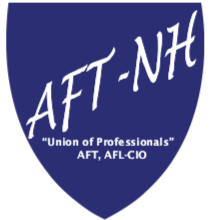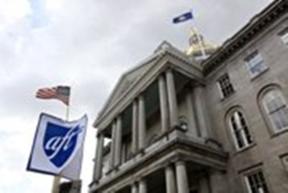There are three bills pending before the legislature addressing parental rights. The bills are SB 272, HB 10, and HB 619. Following is the separate testimony for each bill.
AFT-NH Testimony on SB 272 From Debrah Howes, President of AFT-NH (March 7, 2023)
Thank you, Chairperson Ward and Members of the Senate Education Committee, for reading my testimony.
My name is Debrah Howes. I am the president of the American Federation of Teachers-NH.
AFT-NH represents 4,000 teachers, paraeducators and school support staff, public service employees and higher education faculty across New Hampshire. My members work with approximately 29,000 of the 165,000 public school students in New Hampshire in one way or another as well as thousands of university students. I am writing today in opposition to SB 272, establishing the parental bill of rights.
I think it is best to start with the obvious. We know that the students in our neighborhood public schools make the most academic gains and really thrive when parents, teachers and school staff work together as a support team for the best interest of the student. Educators want nothing more than to work as partners with parents who are involved and invested in their student’s education! However, bills like SB 272 can get in the way of that partnership when what parents want for their students differs from what the student needs to feel safe and welcomed and learn at school. This bill tells teachers and school staff they must put aside any obligation to the student, even as simple as treating the student with respect, or teaching the district approved curriculum. If they don’t, they face penalties up to and including loss of license and career. This bill would greatly impair the ability to teachers to teach and students to learn in schools. It creates an environment of distrust among educators and students and does nothing to further students’ education. In fact, it has great potential to limit it.
MORE



